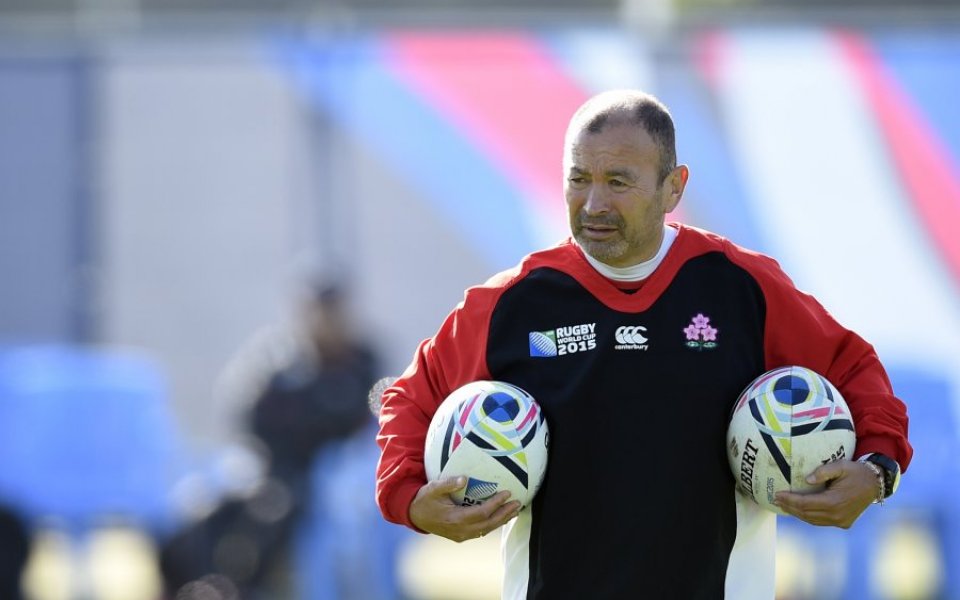England’s appointment of Eddie Jones as head coach signals southern hemisphere coaching dominance of world rugby

On February 6, 2016 history will be made at Murrayfield – for the first time in history, England's players will be directed by a head coach from abroad.
The RFU has appointed Australian Eddie Jones as the man to lead England's recovery from a disastrous World Cup, succumbing to the temptation of sourcing southern hemisphere expertise that has already got their better of their neighbours.
Jones' appointment means five teams at next year's Six Nations, including all four Home Nations sides, will be led by coaches from Oceania.
Read more: England branded "desperate" as they close in on Jones
England's meetings with Ireland, Wales and Scotland will see their Aussie boss take on Kiwis Joe Schmidt, Warren Gatland and Vern Cotter respectively.
Unlike the RFU, who has until now always backed home coaches, Wales, Ireland and Scotland have all been employing coaches from down under for over 10 years.
New Zealander Murray Kidd took over at Ireland in 1995, Wales followed suit with the appointment of Graham Henry in 1998 while Scotland picked Australian Matt Williams as their first foreign head coach in 2003.
And the popularity of coaches from the southern hemisphere powerhouses of Australia and New Zealand extends far beyond the British Isles.
Of the top 20 ranked teams with a coach currently in place, half come from southern hemisphere sides and just one northern hemisphere coach is at a top 10 side (Guy Noves at France).
Furthermore, seven of the 20 teams at this year's World Cup were coached by New Zealanders (while Tonga's Mana Otai grew up in Auckland and was trained in the country).
 Meanwhile, Australia, New Zealand and South Africa, who between them have scooped every World Cup with the exception of 2003, have never appointed a foreign coach.
Meanwhile, Australia, New Zealand and South Africa, who between them have scooped every World Cup with the exception of 2003, have never appointed a foreign coach.
Read more: Is the gap between the rugby hemispheres widening?
Especially attractive to national rugby chiefs around the world has been the attractive, skills-based playing style fostered by coaches afforded surroundings of the southern hemisphere's dryer, sunnier climes.
Jones, for example, was credited with implementing the rapid speed "ruck and run" rugby that helped Japan stage a stunning World Cup upset over Japan.
The popularity of southern hemisphere coaches mirrors similar trends in other sports such as football where for years Dutch coaches schooled in the country's "total football" philosophy were appointed to top jobs around the world.
Die-hard fans of the Red Rose who may be disappointed not to see an Englishman in charge of their team can at least take solace in the fact that of those countries who employed foreign Australian or New Zealand head coaches, nearly all of them enjoyed success.
Under Jones, Japan rose from 15th in World Rugby's rankings to 10th and enjoyed a 72.3 per cent win percentage compared to the country's historic 43.6 per cent ratio.
Ireland and Wales may have endured difficult World Cups, yet both sides have won Six Nations championships and risen up World Rugby's rankings under their new coaches.